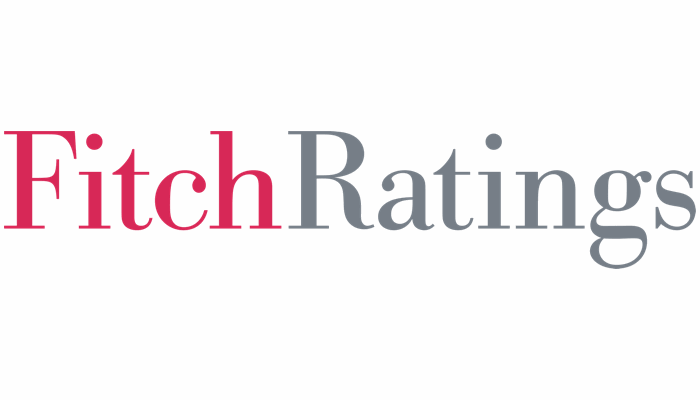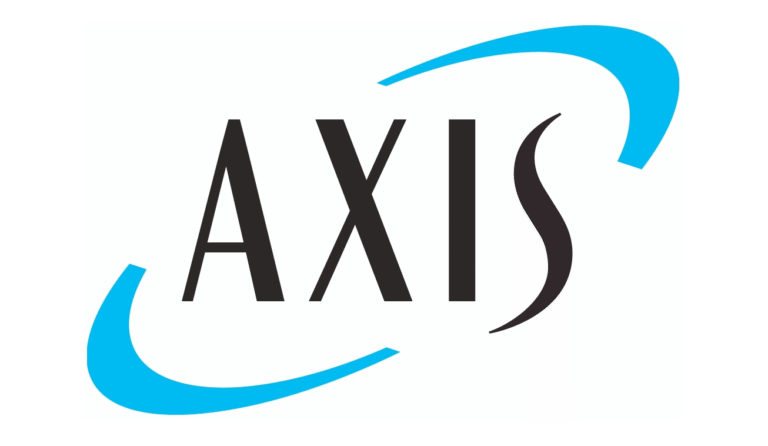
Global credit rating agency Fitch Ratings warns that alternative investment managers’ (Alt IMs) growing participation in Lloyd’s syndicates and US casualty sidecars is introducing new third-party capital to the reinsurance market but also increasing potential credit, liquidity, valuation, and governance risks.

Fitch notes that these moves offer Alt IMs another way to access life insurance balance sheets and attract assets for private credit investments without pursuing direct takeovers.
Fitch highlights that private credit has become a primary driver of activity at Lloyd’s. Partnerships such as Blackstone–AIG, Blackstone–Fidelis, and Oaktree, Allianz have launched new syndicates that use multi-year premium flows to fund and manage higher-risk private credit portfolios, earning fees across the entire investment process.
While Lloyd’s provides Alt IMs with a more efficient framework for entry and governance, Fitch cautions that the resulting structures are complex and could expose investors to delayed or amplified risks under adverse market conditions.
For reinsurers and Lloyd’s platforms, Fitch notes that third-party capital enables growth with limited balance-sheet use and can improve capital efficiency while expanding capacity for cedents.
However, the agency warns that the influx of alternative capital could heighten competition and compress premium margins. As Alt IMs assume greater investment control, Fitch believes traditional reinsurers risk being sidelined, eroding their influence and potentially undermining long-term pricing discipline and earnings stability across the sector.
Fitch also reports a rise in US casualty sidecars, supported by sponsors such as Ascot Group, Enstar Group, and AXIS Capital. These structures appeal to investors seeking higher yields and diversification beyond property catastrophe risks, with longer cash-flow durations supporting alignment with private asset strategies.
Still, Fitch cautions that liquidity remains a key vulnerability, emphasising the need for well-defined exit terms to prevent disputes over commutations or transfers if claims experience deteriorates.
Looking ahead, Fitch expects Alt IM partnerships with insurers and reinsurers to expand across Europe, particularly through innovative structures that sidestep the regulatory and practical obstacles associated with full acquisitions.
So far, most activity has been concentrated in the US life insurance sector, where Alt IMs use long-dated liabilities to scale private credit exposure. Fitch cites Aquarian Holdings’ acquisition of Brighthouse, announced today, as the latest example.
In contrast, European transactions remain less frequent and are often led by US-based asset managers due to tighter regulation, smaller market ecosystems, and the larger scale of US private capital players. Recent European developments include UK bulk annuity arrangements such as Athora–Pension Insurance Corporation, Brookfield–Just Group, and the Legal & General–Blackstone partnership, which channels up to 10% of new annuity inflows into investment-grade private credit.
According to Fitch, such partnerships can increase insurers’ strategic exposure to private credit, enhancing spread income through illiquidity and complexity premiums, improving diversification and liability matching, especially for annuities and pension risk transfers, and potentially reducing capital strain.
However, Fitch warns that these benefits come with heightened risks stemming from limited asset transparency. These include counterparty and recapture exposures in funded reinsurance and offshore arrangements designed to optimise capital, as well as potential conflicts of interest when premiums are invested in affiliated assets or ceded to Alt IM-linked offshore reinsurers.





